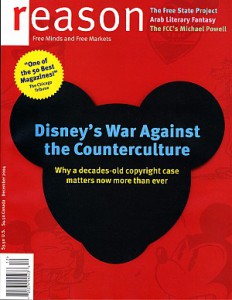Today we discussed copyright and fair use, especially the four factors that guide educational fair use (remember, there is no fair use law — only guidelines). Slides from today are available here.
On Monday, September 30, we will discuss privacy, its changing definitions, and the challenges presented by digital networked media. Please read the following:
Marshall, P. Online privacy. CQ Researcher, 19, 933-956.
Wu, Why Monopolies Make Spying Easier, The New Yorker, 18 June 2013.
Your blogging assignment is one comment on one blog post written by a classmate (NOT written by me!), or two comments on two different posts totaling 100 words. You can comment on a recent post or a post from earlier in the semester. Refer to the blogging guidelines or ask me if you have questions.
Discussion Facilitators: Sara, Livanesa, Moe
~Prof. Leonard



